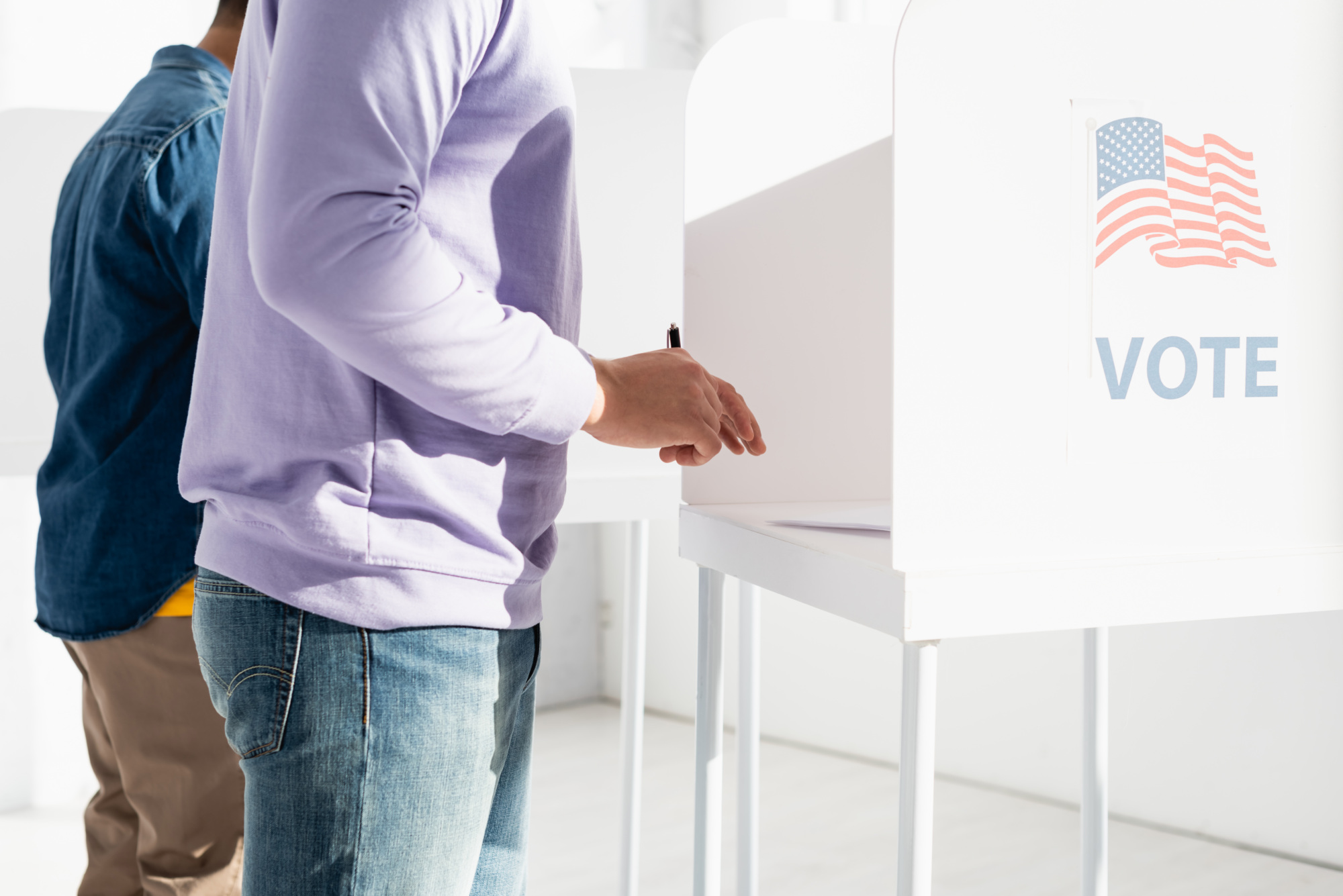Analysis
Things to Watch Out For: Weakening the Office of Congressional Ethics
You probably remember that the Monday before the 115th Congress was sworn in, in the dead of the night on a holiday, House Republicans tried (and failed) to pass rules…
Analysis
A new national survey by Issue One conducted with Citizen Data (N=1,043, September 16-29, 2024) highlights Americans’ perspectives on election integrity, confidence in the voting process, and support for election workers. The survey underscores the importance of addressing public concerns about election integrity while ensuring that election workers can carry out their duties without fear of threats, harassment, or intimidation. The findings suggest a need for continued efforts to build trust across the political spectrum in the electoral process.
Election officials across the country are bearing the brunt of a toxic and fragmented information environment, all while confronting serious threats to their own safety that are a direct result of the unchecked spread of election-related disinformation. Election officials cannot face these challenges alone. The good news is that there is near-universal agreement on the need to protect election workers from threats and harassment. An overwhelming 93.4% of respondents agreed that election workers should be shielded, highlighting a rare area of bipartisan consensus. While other results in the survey show there are deep partisan divides on issues like election fraud and confidence in the electoral process, Americans overwhelmingly recognize the importance of protecting those who ensure the functioning of our democracy.
A majority (around 70.7%) of respondents have some level of confidence (ranging from “very confident” to “confident”) in the accuracy of vote counting in U.S. elections. However, there are partisan differences in confidence with Democrats (60.1%) expressing the highest level of confidence and Republicans (28.5%) the lowest. We also find a gender divide on confidence, with men (50.0%) expressing more confidence than women (31.9%) regarding the accuracy of vote counting in U.S. elections. Finally, confidence in election accuracy also tends to increase with higher levels of education. Those with higher education levels tend to show greater confidence, with 45.7% of respondents holding a graduate or professional degree expressing high confidence in election accuracy, compared to 38.6% of those with less than a bachelor’s degree.
As a result of false claims about election processes and former president Donald Trump’s refusal to ever concede the 2020 election, results show Republicans (39.6%) are significantly more likely than Democrats (11.8%) or independents (20.8%) to view election fraud as a serious concern. These findings show the continued need for public education about how elections work and the measures in place to ensure secure and fair elections at every step of the process – from casting a ballot and counting ballots, to canvassing and certifying results.
Issue: Election Protection
Analysis
You probably remember that the Monday before the 115th Congress was sworn in, in the dead of the night on a holiday, House Republicans tried (and failed) to pass rules…
Analysis
It’s time to reset our congressional fundraising counter! In July 2016, we launched a counter presenting a rough running estimate of how much time members of Congress collectively spent raising…
Polling
Results of a striking new poll were released on November 17, showing unprecedented and disturbing levels of voter belief that “a few big interests” run the government. Perhaps the most disturbing result…

